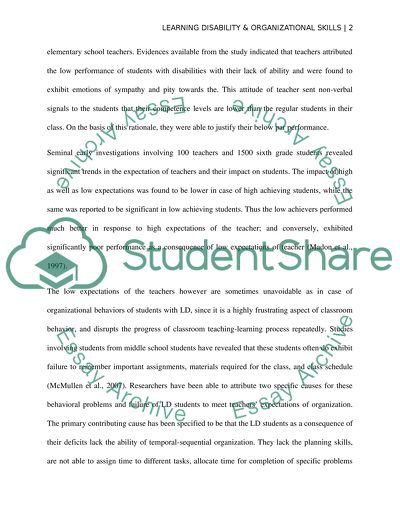Cite this document
(“Review Of Literature Research Proposal Example | Topics and Well Written Essays - 3750 words”, n.d.)
Review Of Literature Research Proposal Example | Topics and Well Written Essays - 3750 words. Retrieved from https://studentshare.org/education/1434484-what-are-the-specific-teacher-expectations-of
Review Of Literature Research Proposal Example | Topics and Well Written Essays - 3750 words. Retrieved from https://studentshare.org/education/1434484-what-are-the-specific-teacher-expectations-of
(Review Of Literature Research Proposal Example | Topics and Well Written Essays - 3750 Words)
Review Of Literature Research Proposal Example | Topics and Well Written Essays - 3750 Words. https://studentshare.org/education/1434484-what-are-the-specific-teacher-expectations-of.
Review Of Literature Research Proposal Example | Topics and Well Written Essays - 3750 Words. https://studentshare.org/education/1434484-what-are-the-specific-teacher-expectations-of.
“Review Of Literature Research Proposal Example | Topics and Well Written Essays - 3750 Words”, n.d. https://studentshare.org/education/1434484-what-are-the-specific-teacher-expectations-of.


